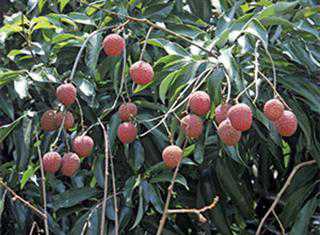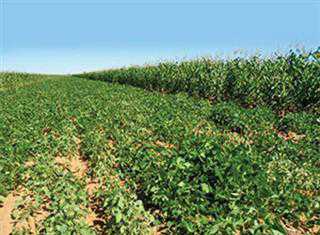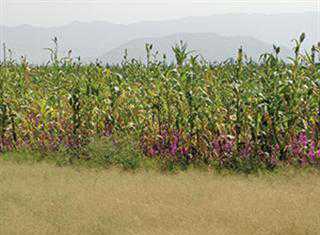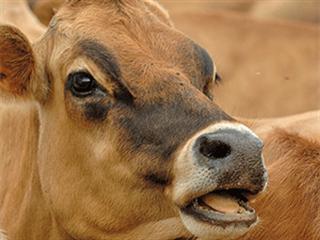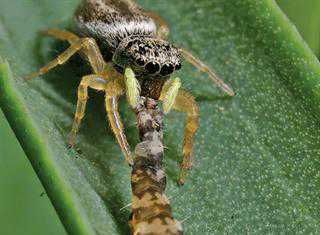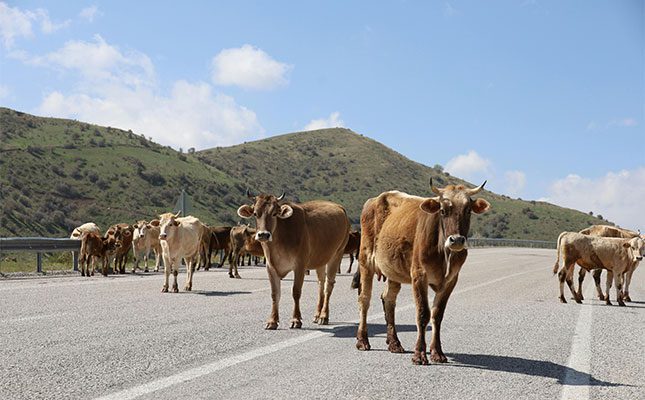Gene marker helps solve horn dilemma in Merino sheep
Australian research has shown the possibility of eliminating the horn gene in Merino sheep.
Pruning for maximum benefit in litchi trees
Research conducted by HortResearch SA’s Dr Steve Oosthuyse shows that timely pruning of litchi trees can produce a rich flush and yield a greater harvest.
Planting in crop residue, the Argentinian way
Co-operation between South African and Argentinian agricultural organisations has led to a series of multi-year trials in selected South African localities to compare Argentinian direct planting technology and conventional systems...
Coming soon: hot weather lettuce production
‘Switching off’ a gene that slows germination in high temperatures will allow farmers to grow lettuce all year round.
Making strides in Striga control
A novel approach to controlling a destructive root parasite has produced good results with sorghum in Ethiopia, according to Robyn Joubert.
Breakthrough with red blotch disease in grapes
Scientists have identified a virus found in US vineyards as the culprit, and are certain it will be found worldwide.
African leafy vegetables: easy and sustainable
‘African leafy vegetables’ is a term used to describe indigenous, indigenised and recently introduced plant species collected by African women as a source of food for their families for centuries.
Clean, green image of biofuels questioned
UK researchers find that crop fuels produce more pollution than the plants they replace.
Flaxseed-fed cows have healthier milk – study
Scientists have discovered that supplementing cattle feed with flaxseed results in less saturated fats.
Simple soil test promises to predict yields
An inexpensive new test may soon allow farmers to manage crops better and ascertain crop sizes accurately.
The tiny terror that’s a farmer’s best friend
Research has shown that spiders are the first predators to colonise newly planted lands. Best of all, they are pest control specialists, says Dr Ansie Dippenaar-Schoeman, specialist scientist at the...
‘Bug’ benefits weanling pigs
A bacterium provides energy to pigs during weaning which helps boost their immune systems and reduce infections.
ADVERTISEMENT
MUST READS
ADVERTISEMENT
ADVERTISEMENT


